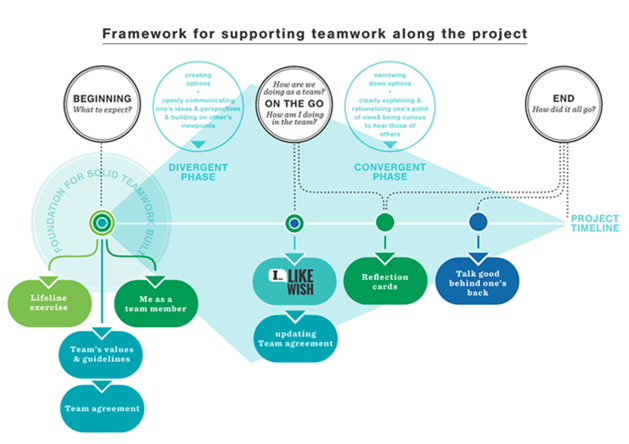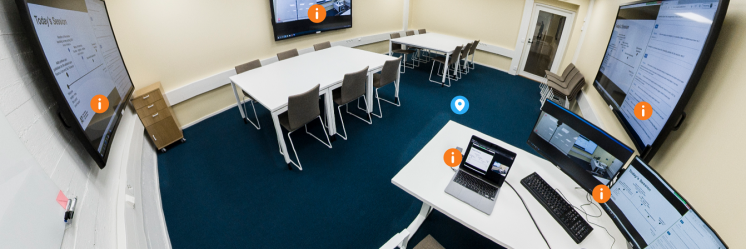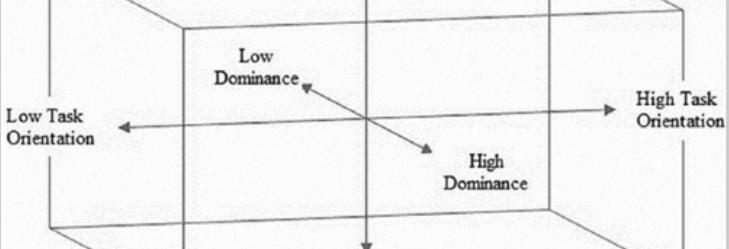Confronting online teamwork challenges
Sailing of to a good start or being stuck from the beginning?
During the pandemic, online teamwork has increased hugely, and at the same time decreased students’ opportunities to get to know their classmates. It might seem that starting a team assignment and agreeing on practicalities within a team is easy when working with adults – but it is rarely so. Colliding schedules, lack of commitment, and no perception of joint goal or team’s purpose can cause challenges and additional stress. This is a risk as open communication and atmosphere of trust need to be built in very early stages of the team process (Rekonen 2017).
How could you, as a teacher, support students in building the foundations for successful teamwork? In order to tackle unnecessary obstacles the teacher can ease the start a lot by simple means!
• First of all, remember that the students are most likely strangers to each other. It is important to make the forming of the groups as easy as possible for the students. Think through the basic principles guiding this. What is the goal of the team assignment? Is the assignment designed in a way that it enables teams to form randomly, does it require interdisciplinary approach, or perhaps the best way is to form teams based on students’ working hours preferences.
• Secondly, allocate some time for teams to get to know each other. For example, you may provide simple ice-breakers, Q&A session of the assignment, or break-out-room session for sharing one’s background and expertise. Basically any low threshold discussion between team mates during the class helps to get things started.
• Thirdly, require the team to agree on working styles and practicalities. A team agreement is a great tool for this.
To make team’s interaction easier for your students and for you to facilitate, please, take a look at Rekonen’s (2019) Teamwork First-Aid Kit, which includes valuable instructions, tools, and ready-to-use templates for supporting interdisciplinary teamwork throughout a project lifeline. The material includes e.g. Me as a team member and Team agreement template. In the figure below you can find Rekonen’s (2019) framework for supporting teamwork along the project.

Graphics by Anna Kuukka
Text: Jaana Brinck, LES – Teacher Services
References
Rekonen, S. (2017). Unlocking the potential of interdisciplinary teams. In Björklund, T.A., Laakso M., Kirjavainen, S. & Ekman, K. (eds.) (2017). Passion-based co-creation. Aalto University, Helsinki. ISBN978-952-60-3740-0, pp. 90-101.
Rekonen, S., Kuukka, A., Ylitalo. J., & Atanassov. G. (2019). Teamwork First-Aid Kit. Aalto University.

